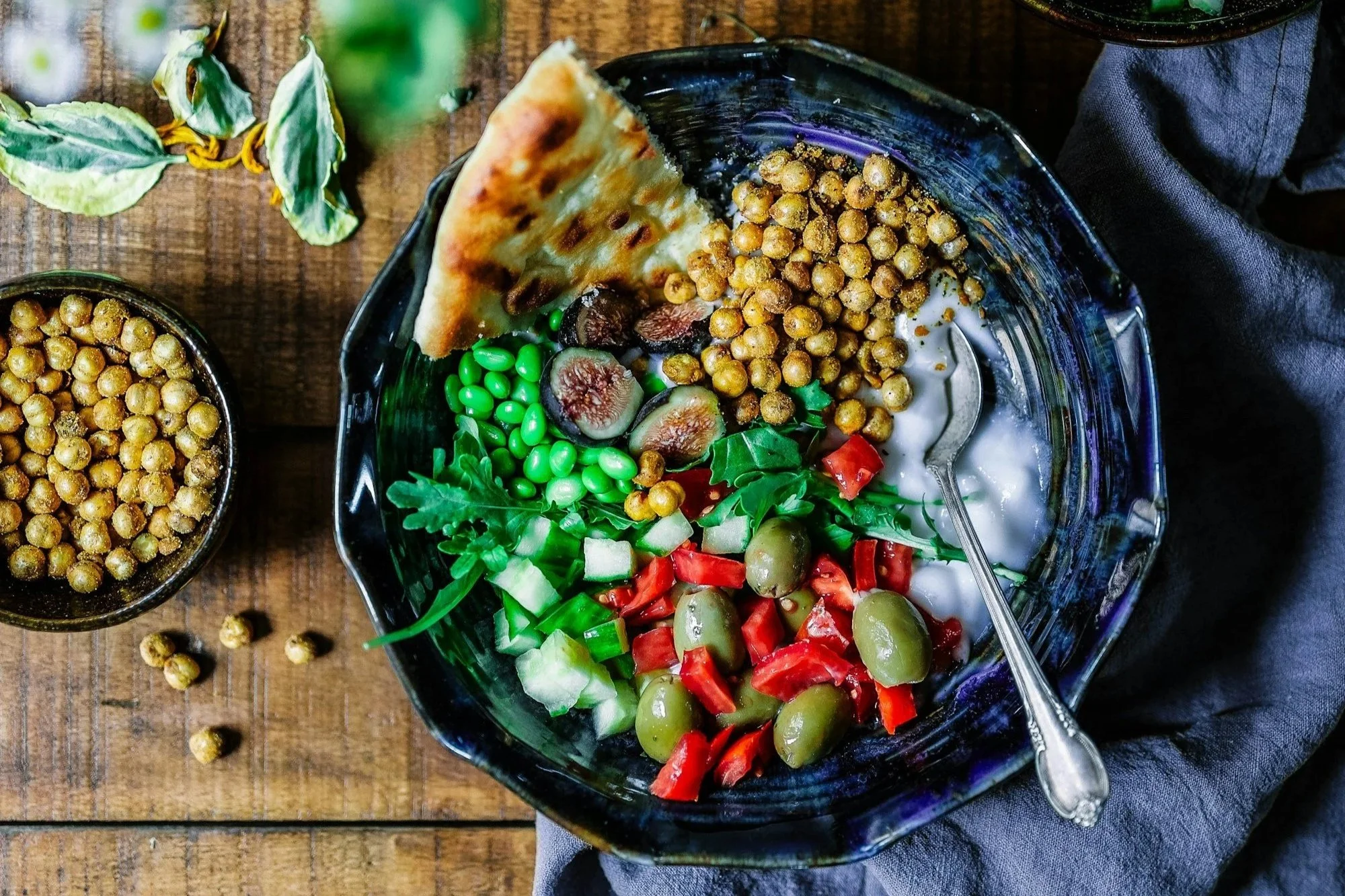Do Calories Really Matter? Unpacking the Great Debate
Calories. Do they truly matter for weight loss, or is the "calories in versus calories out" model a myth, as some prominent figures suggest?
Recent podcast hosts, including Tim Spector, Jason Fung, Gary Brecka, and David Asprey, have all argued that the traditional calorie balance for weight loss is a myth. Let's explore the arguments they and others put forward:
Calorie counting doesn't work: Many people believe that struggling to lose weight by counting calories is a common phenomenon, and even if they do lose weight, they often regain it quickly.
Calories are a man-made unit: It's argued that calories are an artificial measure of energy and don't accurately reflect how energy interacts with the human body.
Digestive rates differ: The amount of energy absorbed from food can vary significantly between individuals due to differences in their digestive rates.
Neglecting nutrient quality: Focusing solely on calories is often seen as ignoring the crucial aspect of nutrient quality.
Hormonal influence: The "carb-insulin model" is a popular theory, particularly within the low-carb community, suggesting that hormones such as insulin, leptin, ghrelin, and cortisol play a more significant role in weight loss and gain than calorie balance.
Genetics play a key role; it's also asserted that genetics has a significant influence on body weight.
My Perspective: Nuance is Key
I agree with almost all of these points, yet I still believe that the amount of energy you consume does matter. Perhaps we should reframe it: "the amount of energy you consume does matter," even if "calories" isn't a perfect measure.
Calories are indeed a manufactured unit. If you've ever looked into how calories are calculated, it's quite an interesting process. A food sample is burnt in an insulated, oxygen-filled chamber (a bomb calorimeter) surrounded by water. The heat generated raises the water's temperature, indicating the food's energy content (kilocalories or kilojoules). This is clearly not how the human body processes energy.
And yes, no two people will absorb the exact same amount of energy from food due to factors like digestive rate, gut microbiome, and genetics. But while it's broad and impossible to calculate precisely, that doesn't mean energy is irrelevant.
The Law of Thermodynamics and Energy Balance
The law of thermodynamics states that energy is transferred but cannot be destroyed. In terms of food, this means that if you over-consume energy, it must be used or stored. This is the essence of the energy balance equation:
Energy Surplus: Consume too much energy, and you will gain weight.
Energy Deficit: Consume too few calories, and you will lose weight.
Energy Balance: Consume an equal amount of energy to what you need, and you will maintain weight.
The law of thermodynamics and energy balance is fundamentally correct in how energy is transferred.
Where the Misunderstanding Lies: The Lack of Nuance
The problem isn't the energy balance equation itself, but rather the oversimplified and often poorly educated advice that screams, "To lose weight, it's just calories in, calories out! Eat less, move more!" This extreme viewpoint leads to counter-arguments that isolate individual points and take them to an equally extreme conclusion.
The missing ingredient is nuance. Let's add some to the arguments against calories:
Calorie counting can be effective for weight loss: Research and anecdotal evidence suggest that people can lose weight by reducing their calorie intake. The real challenge is sustaining these diets and maintaining the weight loss in the long term. This isn't unique to calorie restriction; it also applies to fasting, ketogenic, low-carb, and glycemic control diets. The issue often stems from a lack of education on sustainable weight loss and an aggressive approach that leads to rapid weight loss, muscle mass loss, and reduced energy levels.
Food quality and calories are not mutually exclusive: Focusing on calories doesn't automatically mean neglecting nutrient quality. In fact, when trying to reduce energy intake, prioritising nutrient-dense, minimally refined foods becomes a smart strategy. These foods are less energy-dense, more satiating, and help manage hunger, which is crucial for sustainable weight loss.
The carb-insulin model coexists with the energy balance model: The carb-insulin model is interesting, but it's not a complete replacement for the energy balance model. Research shows people can lose significant weight on both high and low-carb diets. Insulin, a storage hormone, rises in response to blood glucose, but it only governs weight gain in situations of excessive energy intake. While extreme situations (like high fructose intake affecting fatty liver) can impact insulin's role, these are often taken out of context to prove it's the sole driver.
Hormones are interconnected with energy. Hormones like cortisol (a stress hormone), leptin, and ghrelin (satiety hormones) are indeed affected by calorie reduction, but their relationship is reciprocal. The energy you consume influences these hormones, and vice versa. Aggressive weight loss can significantly impact satiety hormones, leading to increased hunger. A slower, more moderate approach to weight loss helps manage these hormonal shifts.
Genetics play a huge role: It's frustrating when genetics are overlooked in weight loss discussions, as they are arguably the biggest factor. Metabolic rates differ significantly, even between individuals of the same height, due to muscle tissue, organ efficiency, and digestive systems. Genetic predispositions also influence hunger levels and behavioural responses to stress (e.g., emotional eating). These individual differences cannot be ignored when discussing calorie intake.
The Biggest Takeaway: Slow and Steady Wins the Race
In summary, while there are challenges in accurately tracking energy intake and absorption, as well as issues with human error and food labelling, the energy you consume does matter. Nutrient quality is crucial for managing hunger and maintaining a healthy meal volume. Hormones such as insulin, cortisol, leptin, and ghrelin are intrinsically linked to energy balance, rather than being separate from it. And genetics play a huge, undeniable role.
The most important takeaway from all of this is that a slow rate of weight loss, combined with physical activity (but not excessive activity), is key. This approach helps manage almost every issue we've discussed regarding the challenges of weight loss.






